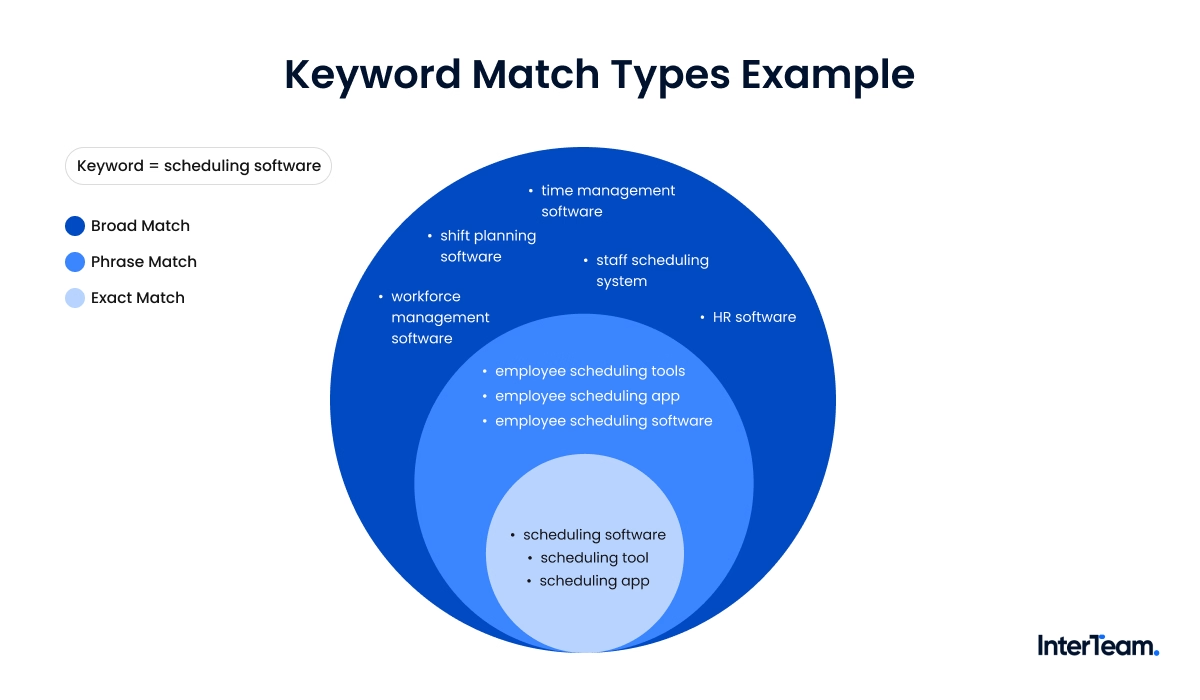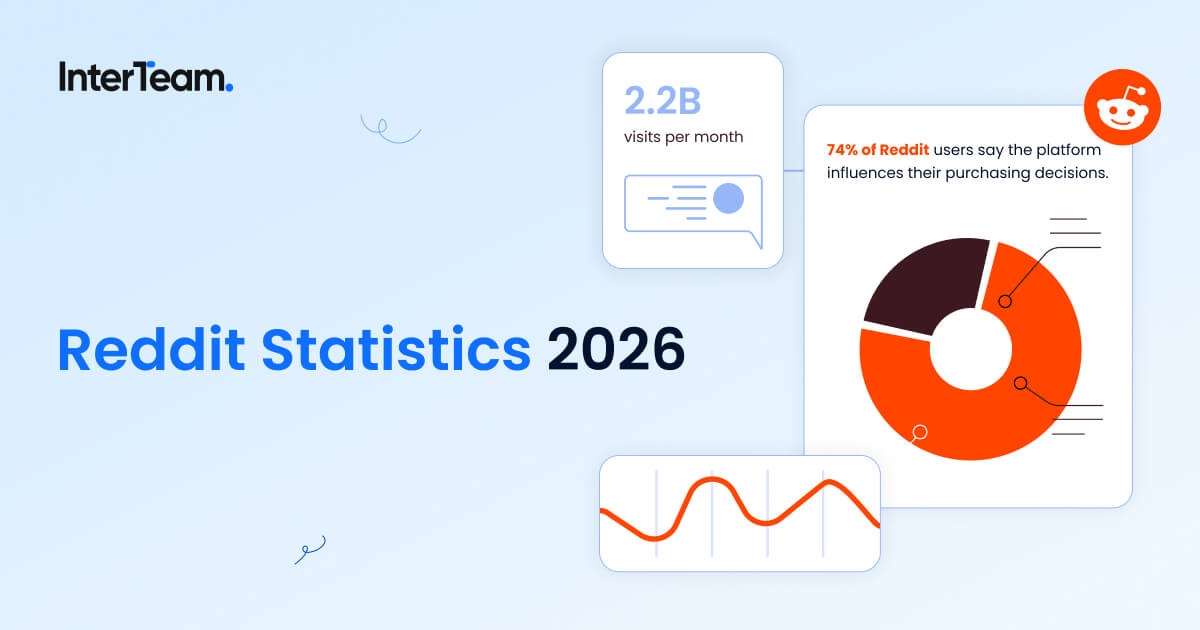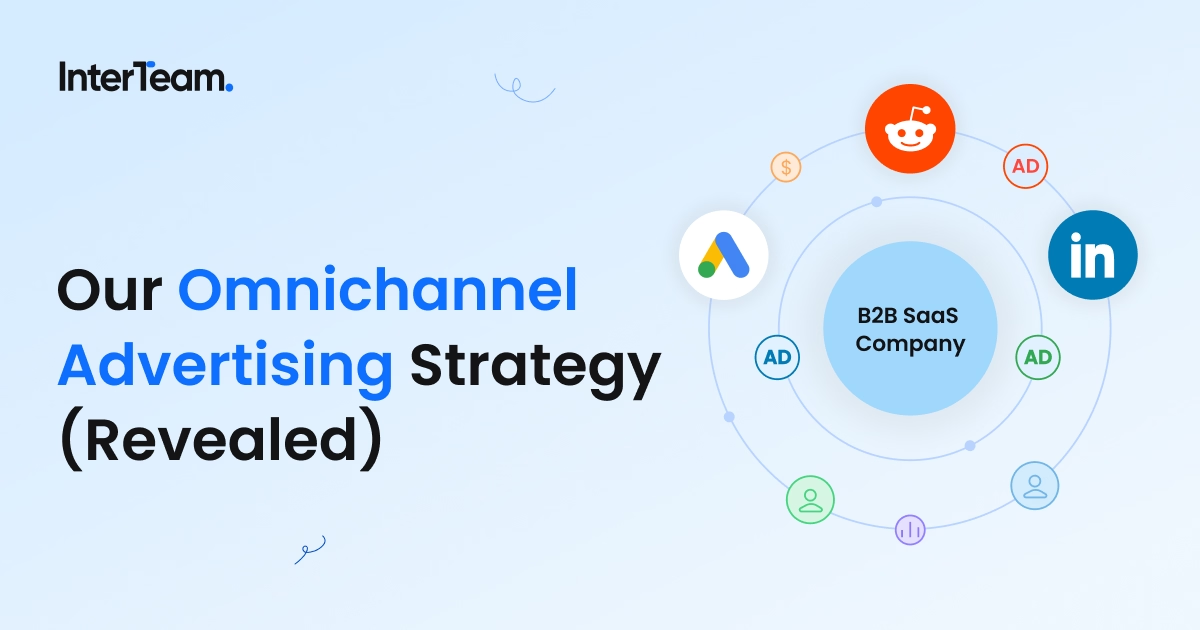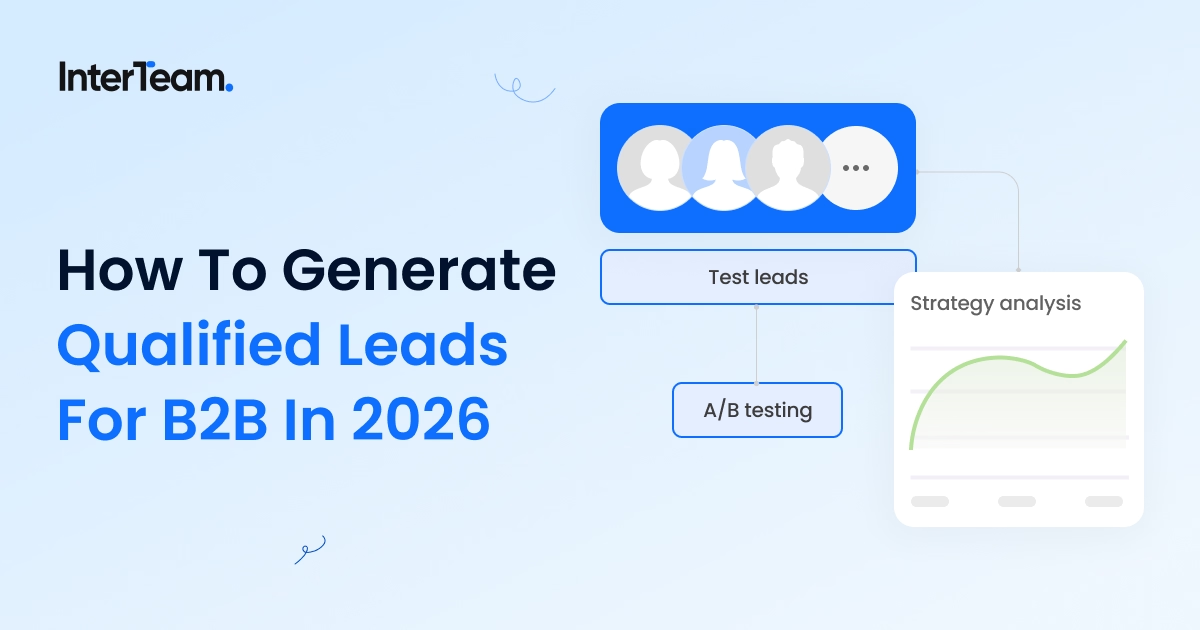When to Use Google Ads Keyword Match Types
Overview: Google AdWords Keyword Match Types
Are you familiar with the different types of keyword matches? There are four (main match types) in total, and using the wrong one for your ad campaign can end up costing you a lot of money.
Whether you mean to broaden your ad campaign's reach or increase keyword relevance for landing page conversions, you'll want to know how to use each match type strategically.
In this guide, we'll teach you the core basics of Google AdWords keyword match types, including:
- What keyword match types are
- Why keyword match types are important
- How keyword match types affect search ad results
- What broad, phrase, exact, and negative match types are, and when to use them
What Are Keyword Match Types in Google?
This guide concerns itself with four different keyword match types available for Google Ads: broad match, phrase match, exact match, and negative match.

Broad match keywords allows your ad to show in searches terms that include any words related to your keyword. Does that sounds vague? Well, it is. This setting basically allows Google to expand outside of the keywords you've set your account to target.
Phrase match requires that the search query includes the same words as your keyword in the same order.
An exact match is the most precise and requires the search query to be exactly the same as the keyword. Lastly, a negative match allows you to omit certain irrelevant keywords that would trigger your ad.
By understanding the differences between each type, you can adjust your ad triggers in order to increase relevancy and ROI. If you're not quite ready to dive into keyword match types, you might want to check out our post on choosing the best keywords for your Google Ads campaign.
Why Are Keyword Match Types Important?
By assigning the correct match type to each of your keywords, you ensure that your ads are being served only to those most likely to engage with them.
This helps to keep your ad budget focused on audiences that are more likely to convert, while also avoiding irrelevant (and costly) matches.
Additionally, using the right match type helps you improve your Quality Score, and in turn lower ad costs and increase the chance of conversions.
How Do Keyword Match Types Affect Search Ad Results?
Setting limits on which search terms trigger an ad will ensure that your ad appears to the right, most relevant audiences.
If you're selective and strategic when setting your keyword match types you'll benefit in terms of ad relevance, reach, and conversion rates.
However, if you're too specific with your match type, you miss out on potential customers who are searching for related but slightly different keywords.
The best way to determine which match type is right for a keyword is to consider past performance, competitor bids, ad text, and account structure.
Broad Match Keywords
Broad match is the default match type that occurs when a user's search query contains any word in the key phrase, in any order, as well as any term related to the keyword.
Be cautious, though, and use negative keywords to avoid your ad from appearing in searches that are unrelated.
When To Use Broad Match
Use broad match when you want to maximize reach and bring in the maximum possible amount of traffic to a landing page. Because it's the default setting for keyword targeting, it's often used for large-budget advertisers. Broad matches can also be useful for researching what keywords (in your pool of keywords) are relevant.
Lastly, it saves time when testing to see which terms are working best for a particular campaign.
A broad match is a great option if you want to reach as wide an audience as possible, but it's important to keep an eye on your Search Query Reports and have a strong negative keyword list in place.
Phrase Match Keywords
Phrase match has some of the versatility of broad match, but with added control.
Google phrase match was enhanced in 2019 to accommodate searches involving synonyms, plurals, or near versions of your keyword.
This implies that if you use "pool cleaning service" as your key term, it may suddenly return results for water treatment services near me and seasonal pool cleaning service costs.
When To Use Phrase Match
Phrase-match keywords should be used when you are looking for more qualified searchers for your product or service.
This match type allows for greater control and flexibility in terms of getting visitors to your website. It does so by only showing ads for queries that have the same meaning as your keyword or more specific forms of your keyword.
It'll also match queries that contain synonyms, plurals, or close variants of your keyword.
Compared to broad matches, phrase matches will reach fewer audiences but they will be more likely to convert because they are more relevant to the searchers' intent.
Exact Match Keywords
Exact match is the most specific and restricted sort of keyword match, allowing visitors to only view ads when their search is identical to the ad's keyword phrase.
However, Google has changed the exact match type so that advertising can match searches containing synonyms, plurals, or other variants of the phrase.
When To Use Exact Match
Exact Match keywords should be used when you want to target a specific audience and reach users who are looking for an exact search query or phrase. Exact match keywords allow you to have the maximum amount of control over which searches your ads can rank for, making it easier to see which are working and which are not.
Additionally, you have a higher chance of converting users with exact match keywords, as the keyword research was correct and it delivers higher quality leads.
However, it is important to be aware that using exact-match keywords will result in a decrease in the total number of placements you qualify for.
Negative Keywords
Google offers negative keyword match types that restrict ads from being displayed for specific phrases that consumers search for.

On your ad account, you have three options:
- Broad negative match
- Phrase negative match
- Exact negative match
Broad Match Negative Keywords
Broad negative match is a type of keyword that prevents ads from showing for all queries that contain the chosen negative keywords, regardless of their order.
It's the most restrictive type of negative keyword match, and the default for negative keywords.
This means that if the search query contains all of the negative keywords, the ad will not show, even if the terms are in a different order.
However, the ad may still show if the search query contains only some of the keyword terms.
Overall, the broad negative match is the most restrictive type of negative keyword, and it will prevent ads from showing for any search query containing all of the negative terms that are entered.
Phrase Match Negative Keywords
Phrase negative match allows advertisers to exclude certain keywords or phrases from triggering their ads.
For example, suppose an online shoe retailer wants to advertise their high-end products to customers searching for "luxury shoes."
However, they don't want their ads to appear for customers searching for "discount luxury shoes." To accomplish this, they can use negative phrase match to exclude the phrase "discount luxury shoes" from triggering their ads.
Exact Match Negative Keywords
An exact negative match restricts your ads from appearing in searches that contain exactly the same keywords in the same order, with no additional words.
This is different from an ordinary negative keyword match, which stops your ads from appearing in searches that contain the exact keyword or related searches with additional words.
For example, if your keyword is "RV fridge", with a negative keyword match your ad will not show up for searches "RV fridge for sale." With an exact negative match, it will not show up at all even if someone is searching for "RV fridges".
Exact Negative Match helps you narrow down to potential customers who are looking for exactly what you offer. It's the most specific and restrictive of all keyword match types and will give you the highest relevance but the lowest reach.
Conclusion
Google Ads match types are another granular aspect of PPC advertising that, when approached and optimized correctly, can create a huge shift in the quantity and quality of the leads you bring in.
If you'd like to better understand how we hone our campaigns with keyword match types, schedule a free call with us here.
Keyword Match Type Case Studies
Want to read examples of our successful projects where we used the keyword match types mentioned above to build strong Google Ads campaigns?
Check out these case studies from Google Ads Projects we worked on:
- Case Study – Google Ads and Bing Ads for B2B Property Tech SaaS Solution
- Case Study – Google Ads and Bing Ads for B2B SaaS for Senior Living
- Case Study – Google Ads for B2B SaaS PR Solution
- Case Study – Google Ads for B2B Web Design Agency
FAQs
Template question
Template text answer






